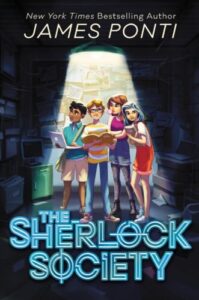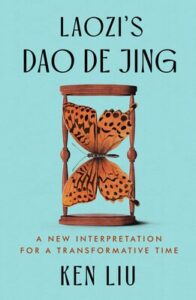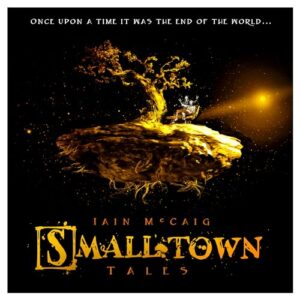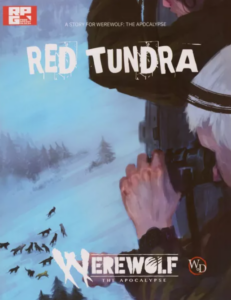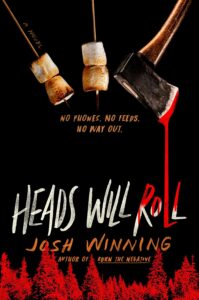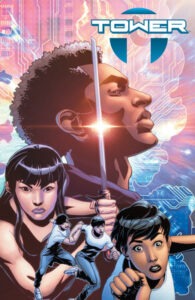This novella is the first of a trilogy and I have Thoughts about that. As a reader, I love that there’s more of this story to be had, even as it’s satisfyingly complete as is. As a reviewer, I love that we’re bringing the novella back: I’m tired of slogging through 300+ page books that seem written to hit an imaginary value-for-money size instead of focusing on an actually interesting story devoid of bloat. But as someone who definitely used to worry about value for money when it came to buying books, part of me frets at not getting enough quantity with my quality. Would it have been better to get all three parts of the Lunar Gothic trilogy in one volume that combines economy with immediacy?
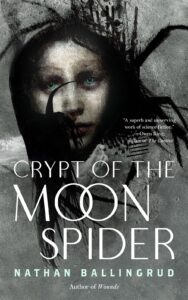 These are all issues that remind me of why I’ve never been interested in going into publishing. I don’t care about other people’s money. I have little enough of my own as it is to want to worry about others’. So, devoid of any concerns regarding format and marketing, I can safely say that this is an excellent story and that I’m glad that there’ll be more of it to be had in the very near future.
These are all issues that remind me of why I’ve never been interested in going into publishing. I don’t care about other people’s money. I have little enough of my own as it is to want to worry about others’. So, devoid of any concerns regarding format and marketing, I can safely say that this is an excellent story and that I’m glad that there’ll be more of it to be had in the very near future.
The story itself takes place in an alternate past, where the moon is not an arid rock but a satellite with a breathable atmosphere, complete with forests that speckle its surface. Some of these forests are still blanketed in the gossamer webs of the giant spider that once lived in the moon. The moon webs, are they’re called, have all sort of interesting properties, some of which have led to their use in the treatment of mental illness.
It’s because of this that Veronica Brinkley has been brought to the moon by her concerned husband. It’s 1923, and the Barrowfield Home For Treatment Of The Melancholy has gained a sterling reputation for restoring health and happiness to its (wealthy) patients. Dr Barrington Cull is at the cutting edge of neurosurgery, carving away all bad thoughts and memories from sufferers’ brains and replacing the excised matter with moon webs, which have the remarkable property of being able to both replace neural connections and foster the growth of more, in presumably healthier directions.

